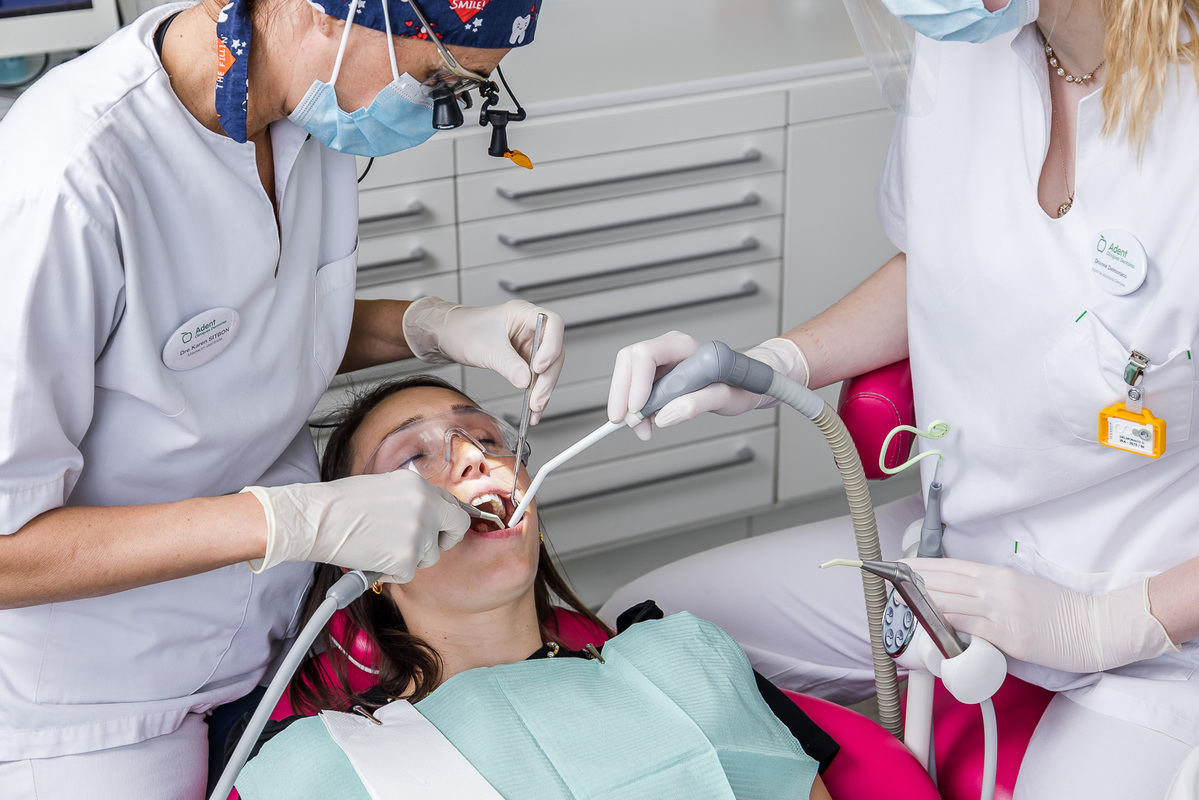

What is dental hypersensitivity ?
Dental hypersensitivity is a widespread and common problem. The overriding symptom of sensitive teeth is short, sharp tooth pain due to contact with external elements.
Many people suffer from dental hypersensitivity. You may experience severe pain when hard, hot, cold or sugary foods come into contact with the affected tooth or when you put your toothbrush on your tooth. The sensitivity is often temporary, short-lived and sometimes makes you “jump”. In some cases, no damage is visible to the naked eye.



FAQ – Dental hypersensitivity and dental pain
Why do my teeth hurt ?
Each tooth contains dental pulp at the centre, which is the beating heart of the tooth. It is made up of vessels and nerves which keep the tooth alive. The nerves communicate with the pulp. As a result, your teeth are able to send and receive messages.
What causes dental hypersensitivity?
There are several factors which may cause sensitive teeth: poor and harsh brushing technique, an overly hard toothbrush, frequent consumption of acidic foods, tooth grinding or a broken tooth. Anything that leads to wear and tear and therefore harms your enamel can be the cause of dental sensitivity.
As a result, your enamel is damaged, revealing a yellowish substance which is called dentine. Dentine is the layer underneath the enamel, which is made up of microscopic channels called dentinal tubules. These link the heart of the tooth to the outer surface. Without the protection of the enamel, these channels become very sensitive information transmitters. When provoked by brushing or food, these tubules send warning signals which trigger pain.
What can I do if I have sensitive teeth ?
If you have sensitive teeth, you need to strengthen the dentine and block the channels to prevent information being sent to the heart of the tooth. There are a wide range of products on the market and in your supermarket to tackle dental sensitivity, but these items do not always resolve the problem completely. Get into good dental hygiene habits: dirtiness also makes your teeth more sensitive!
Fluoride toothpaste for sensitive teeth. Some tips: don’t rinse your mouth with water after brushing. In doing so, you remove all of the beneficial substances in the toothpaste, therefore preventing them from doing their job. After brushing your teeth, spit the toothpaste out but don’t rinse.
Choose a toothpaste with a low RDA: you can find this on the back of the tube. RDA stands for Relative Dentine Abrasivity, which informs you how abrasive your toothpaste is to your teeth. In other words, it tells you how much the toothpaste will wear your teeth. Don’t choose a toothpaste with an RDA over 30 if you suffer from dental sensitivity.
Mouthwash can also help relieve your tooth pain. Don’t rinse your mouth with water after using mouthwash.
Use a soft bristle toothbrush and adapt your brushing motion. Ask your dental hygienist for advice if you are unsure of the best way to brush your teeth.
Limit your consumption of acidic foods and, when you can, use a straw. In this way, you can drink without the liquid touching your teeth, therefore preventing any further damage or additional dental sensitivity.


If your dental hypersensitivity persists, contact your dentist or dental hygienist
They may be able to offer you a professional solution, such as the application of a lacquer or varnish, which shields the sensitive area with a protective layer. How long the lacquer or varnish will last depends on your habits, and therefore requires regular monitoring by a professional.
Find my clinic




